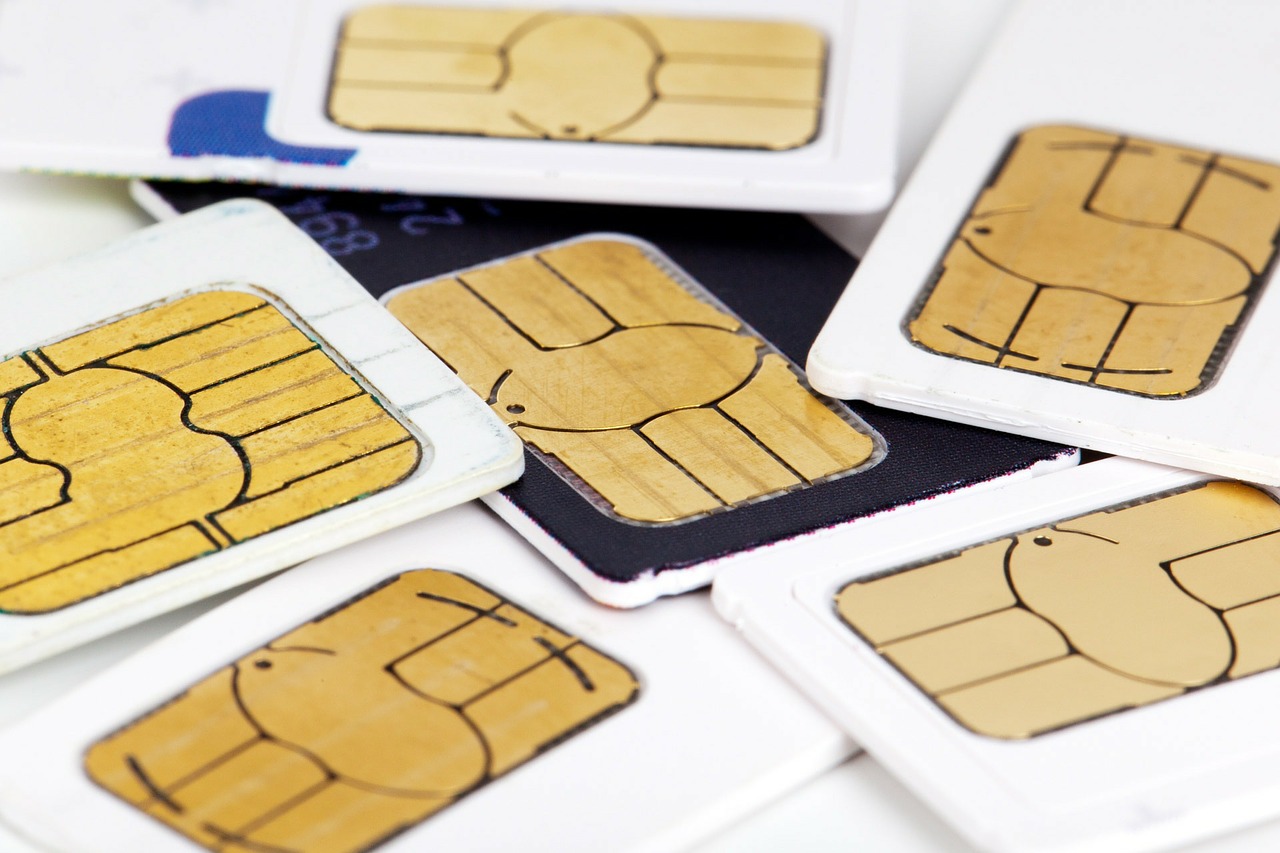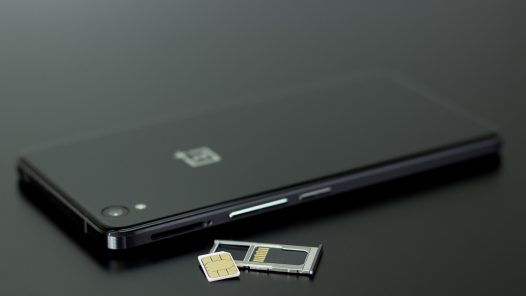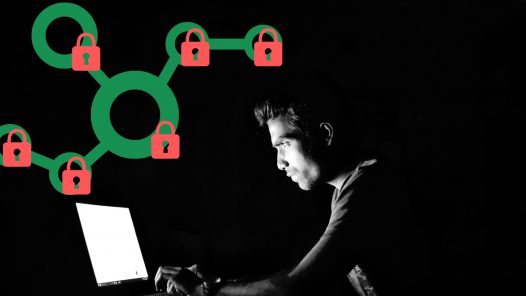As we are transitioning into a mobile-first world, our mobile identities become ever more important.
There are over 5 billion people connected to mobile services in 2017, and we use them to conduct the various aspects of our lives online every day – we socialize, shop, take care of financial matters and even have access to healthcare.
I’ll give you a number – in Finland, over 99% of transactions are carried out online!
After all, I can’t remember the last time I waited in a bank in line to make a transaction. Can you?
The scope of this digital economy is only to increase in the future as more and more people gain access to mobile services.
By 2025, it is predicted that the number of unique mobile subscribers will reach 71% of the world’s population!
With the digital economy becoming so widespread, I must say there is a certain complexity to figuring out the best ways to manage digital identities of users for so many different types of services.
Mobile Identity Issues in the Face of Digital Economy
The main problems that arise are cybersecurity, multiple digital identities per person caused by privacy concerns and the need for convenience.
To start off, more than three-quarters of users across Asia have experienced some type of online theft, and the number of cyber attacks is only predicted to rise.
And as for multiple digital identities – I’ve done it, and you’ve probably done it. At some point, someplace online, you have registered under a pseudonym.
I’ll try to illustrate the magnitude of this occurrence – in the UK, 50% of users falsify account details when registering. But, understandably so, we all care about our privacy, especially nowadays.
Still, this doesn’t have to be problematic depending on the online service we are talking about.
It’s almost weird to register under your real name on forums or gaming platforms. However, when it comes to healthcare, finance, and similar services, the issue of fake identities & verifying the authenticity of identity has to be taken seriously.
What we need is a mobile identity solution that enables us to verify the individual’s identity, that is secure so to prevent theft or fraud, respects the privacy of users who don’t feel comfortable sharing their personal information online, and is convenient for users so they won’t stop using the service or won’t skip a safer login.
Mobile Operators Are the MVP of Mobile Identity Game
So, let’s put all that together.
The coverage of mobile network operators, the number of unique mobile users around the world, and their technological capabilities such as the fact that everyone has their unique SIM card that enables secure running of cryptographic operations, all confirm that turning to mobile network operators for managing mobile identities is our best choice.
Add to that the fact that 46% of consumers see mobile operators as a likely provider of these types of services, and I am sure leveraging their capabilities is the right thing to do.
And mobile network operators themselves seem to have already started doing something about it. SMS 2FA that you’re probably using, and a digital signature which enable people in some countries to even vote online, are just some of the solutions they have come up with.
Depending on the authentication solution chosen to leverage the power of mobile network operators when it comes to mobile identity, everyone involved – users, service providers and mobile network operators – can receive various benefits.
From the users’ perspective, security, privacy and user experience become significantly stronger contributing to user trust and adoption.
From the online services’ perspective, processes can run smoothly and securely at pretty much the same cost they pay for SMS messages or other technology (depending on the actual agreement). And that’s without getting into the true cost of cyber attacks.
From the mobile network operators’ perspective, new revenue streams, becoming key players in this area of mobile identity, and an increase in security for users which further contributes to their reputation are just some of the things they can use to gain an even stronger foothold in the mobile world.
The Importance of Choosing the Right Authentication Solution for Mobile Identity
Some methods of verification that rely on mobile network operators are already widely used. Such are SMS and header enrichment based two-factor authentication.
However, using these as authentication methods has proven inefficient and insecure!
Strengthening the authentication process with only the SIM card will no longer do it. I mean, have I told you about SIM swapping already?
You now must be wondering what the best solution is then.
Ideally, one that values security, privacy and user experience equally.
Security and privacy are important, but UX plays a major part in the consumers’ habits. Remember, 71% of users prefer an authentication solution for its easiness of use.
And I’m proud to say that IPification was designed with all of these in mind.
Our authentication solution generates a unique mobile identity that includes various data provided by the mobile operator while still detecting any SIM card or device changes!
This process is done seamlessly in the background within a fraction of a second. Convenient? I would say so.
Combining the undisputed authority of mobile network operator capabilities when it comes to mobile identity with an authentication solution that maximizes the gains of all three parties involved in the digital economy is the best way to go about it.
With mobile network operators having realized the role they play in the area of mobile identity and seamless authentication solutions being available today, it’s only the question of when mobile identity becomes all that it can be.



